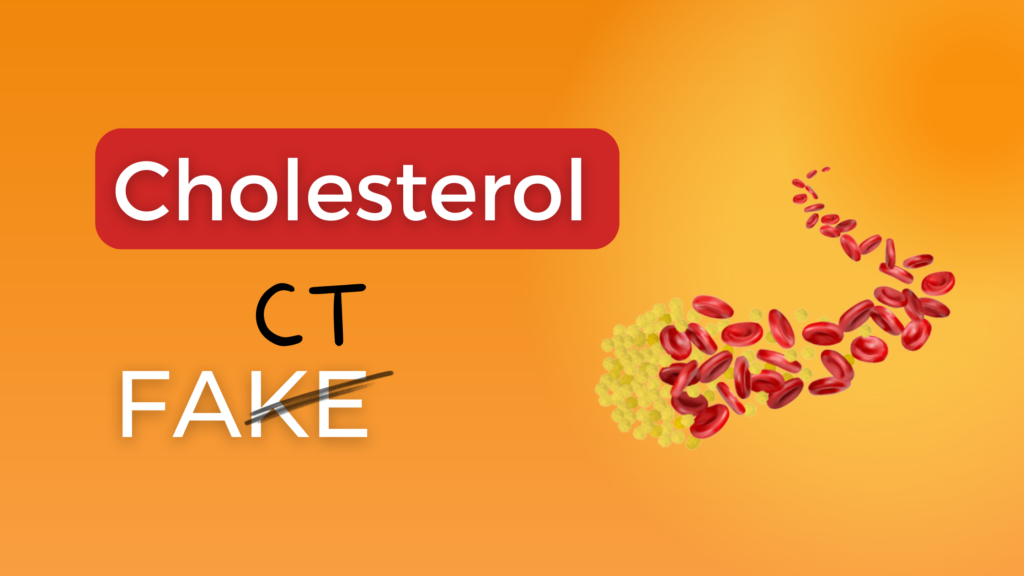Search for tests or checkups
SupportUnderstanding Symptoms of Hormone Imbalance: Impact on Women’s Health

Hormones act as chemical messengers for the body's numerous metabolic processes. Without hormones, it will be extremely difficult for our bodies to function normally and manage vital processes essential for dealing with stress, sleep, pregnancy, or even attaining the normal developmental milestones in the case of children.
Especially in women, hormones play a major role in ensuring good physical and mental health. Hormonal changes in women can cause a wide array of distressing issues such as depression and anxiety, weight changes, and irregular periods and be detrimental to their mood, sexual desire, ovulation, and fertility. Therefore, hormone imbalance in women needs to be recognised and addressed early on for their physical and mental well-being.
Hormone Imbalance in Women: Exploring the Basics
Hormonal imbalance can be defined as either disruption in the normal production or regulation of hormones, leading to insufficient or excessive hormones in the body.
Hormones communicate with your organs, skin, muscles, and other tissues through blood and regulate various bodily activities such as:
- Metabolism
- Homeostasis (ongoing internal equilibrium)
- Generalised growth of the body
- Sexual activity
- Reproduction
- Sleep cycles
- Mood
Even minor hormonal changes in women can have a detrimental impact on their quality of life and may accumulate and present as specific illnesses needing medical attention.
Hormonal Changes in Women: Normal Fluctuations
Compared to men, women’s bodies show a wider array of hormonal changes, many of which are cyclical, such as those occurring during the menstrual cycle. Not all hormonal changes in women are indicative of an imbalance. Puberty, menstruation, pregnancy, and menopause can all be attributed to hormonal changes in women that occur naturally. The symptoms associated with these changes are more likely to be transient and reversible. However, certain factors can disrupt and interfere with hormone synthesis and secretion, leading to hormonal imbalance.
Causes of Hormonal Imbalance in Women
Hormone imbalance or fluctuations in women may be attributed to both natural causes and pathologic conditions as seen below:
- Polycystic Ovary Syndrome (PCOS)
PCOS is an endocrine condition associated with anovulation (lack of release of egg), hyperandrogenism (increased male hormones), and infertility. Insulin resistance is a primary factor leading to PCOS. As the ovaries are sensitive to insulin, they start creating more ovarian hormones, which disturbs the body's metabolic processes.
- Thyroid Disorders
Thyroid hormones regulate the metabolism and growth of female reproductive organs (ovarian, uterine, and placental tissues). Therefore, reduced fertility or infertility can be caused by hypo- or hyperthyroidism in women. Menstrual irregularity is also a well-documented effect of thyroid dysfunction. In addition, thyroid issues can cause weight changes, heat/cold intolerance, depression and fatigue.
- Menstrual Cycle
The menstrual cycle involves a number of hormones working together, and absent or irregular periods or heavy bleeding may result from an imbalance in any one or more of those hormones. Conditions such as PCOD, thyroid issues or adrenal exhaustion can cause irregular or absent periods.
The prolonged use of medication, alcohol and stress add to it by making it impossible for the brain to deliver the correct signals for regular ovulation and interfering with hormonal balance and menstruation.
- Menopause
During the pre-menopausal period, there is an increase in progesterone secretion due to ageing, with stress and improper diet adding to it. Because of the imbalance between progesterone and oestrogen, women may experience joint discomfort, urinary infections, dry vagina and gain weight in this stage of life.
Signs and Symptoms of Hormonal Imbalance in Females
The following are some of the most prevalent symptoms and signs of hormonal imbalance in women:
- Menstrual Irregularities
As previously discussed, conditions such as PCOS alter ovarian hormone levels and lead to irregular or absent periods. Thyroid disorders can also lead to scanty or heavy bleeding during periods. Certain drugs, deficiencies, stress and lack of sleep also contribute to these effects. 3
- Mood Swings and Emotional Changes
Reduced oestrogen may result in lower serotonin levels, possibly causing sadness, anxiety, and insomnia.1
- Fatigue and Low Energy
Irregularities in thyroid hormone may cause a decrease in metabolism and result in fatigue.1,2
- Weight Fluctuations
Numerous physiological changes such as a gain or loss in weight may result from hormonal imbalance caused by conditions such as thyroid disorders and increased cortisol secretion.2
Other symptoms of hormonal changes in females include:
- Acne on the chest, upper back, or face
- Hair fall
- Heavy period flow
- Excessive body hair, or hirsutism
- Bursts of heat
- Infertility
- Irregular periods
- A decline in sexual interest
Recognising Hormonal Imbalance: Diagnostic Measures
Since hormones are immediately released into the bloodstream by your endocrine glands, blood tests for hormonal imbalance in females are typically ordered to assess hormone levels.
Saliva testing can also be done to determine the levels of hormones such as primary oestrogens, progesterone, androgens, cortisol, and melatonin.
In addition, your doctor will perform a physical exam, inquire about your medical history, and discuss the symptoms of hormonal imbalance in women with you.
Impact on Women's Health: Physical and Emotional
A healthy mind and body depend on hormonal equilibrium. Hormonal fluctuations in women may affect:
- Reproductive Health and Fertility
Early menarche (start of periods), eating disorders, premenstrual syndrome, menstrual disturbances/difficulties such as muscle cramps, pain and heavy bleeding, infertility, and breast cancer are symptoms of hormonal imbalance in women, caused by conditions such as PCOD.
- Bone Health
As a result of a decrease in sex hormones (oestrogen, progesterone, and testosterone), there might be a decrease in bone density in women, which causes osteoporosis (bone loss). This typically occurs around menopause, when female hormone production starts declining.
- Mental Well-being
Depression can result from an imbalance in the oestrogen-to-progesterone ratio, high cortisol levels and low thyroid hormone levels. Hormonal imbalance can also affect the mental health of a person, causing symptoms such as anxiety, irritability and mood swings.
Managing Hormonal Imbalances: Treatment and Lifestyle
The causes of hormonal imbalance in women will determine the course of treatment. Your healthcare professional may suggest one of the following options suitable for your condition to manage the hormonal imbalance:
- Hormone replacement therapy if your hormone levels are below normal.
- Medication, surgery, radiation therapy, or a combination of any of these if your hormone levels are higher than usual.
- Consuming nutritional supplements prescribed by your healthcare professional.
- Lifestyle adjustments to control your stress levels and regular exercise.2 Exercise helps by reducing your cortisol levels and maintaining glucose metabolism.
- Avoiding a diet consisting of processed foods, sugar-rich foods, and genetically modified food items, as these contribute to hormonal imbalances.
Hormones are essential for a woman’s physical and mental well-being. Having adequate hormone levels prevents disturbing symptoms and provides greater defence against certain chronic illnesses. If you think you might be suffering from hormonal imbalances, consult your doctor and follow his advice to lead a healthy life. Book your hormone tests with Orange Health Labs now and ensure a better future.

Understand Cholesterol – Fake or Fact?

Understanding Symptoms of Hormone Imbalance: Impact on Women’s Health
